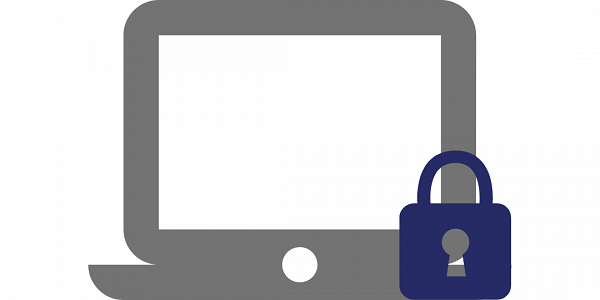4 Security Tips for the New Normal
For some time, people have been talking about a change in working practices. The traditional 9 to 5 no longer meeting the demands of the modern employees who requires more freedom and flexibility.
However, it has taken a pandemic for businesses to really embrace the change. Initially, it was an enforced scramble to ensure all businesses could continue to operate under the Government restrictions, now business have seen the benefits of a more flexible workforce and are embracing it.
We have put together 4 security tips to help business be better prepared. You can find our complete remote working checklist by clicking the button below.

Establish a Buddy Network
Working remotely can be an isolating, lonely experience. In fact, a recent study of remote workers found that 19% felt lonely. In addition to the personal support, a buddy network can help provide security support. They can give your employee a ring and check up on them at set periods throughout the working day, and your employee can inform them of where and when they are going for a meeting.
Although a manager would be the ideal person, a buddy network doesn’t have to be someone from within your organisation. With the proliferation of home working, there is bound to be someone nearby who they can build a relationship with.

A Secure Location
84% of all remote workers surveyed are working from a home office, so ensuring their home security is up to scratch is paramount. Although you may feel like this is overstepping the mark, it is still your responsibility to ensure your employee is safe while they work. A good starting point would be to fix any broken locks, doors, windows and light bulbs; a suggestion that wouldn’t meet much resistance.
During the working day, remind your staff to not leave doors open and unattended. If they have an alarm fitted, it may help to set the alarm to chime every time a door is opened. The first breach of security is when an asset is known to exist so encourage your staff to keep all valuables out of sight. If they handle cash, it may be necessary to provide a safe to secure it in.

Staff Training
One of the biggest threats to security is human error. As we all know, employees do click on phishing emails or forget best practices. It happens. All you can do is provide regular training and updates to make sure your staff have as much knowledge as possible about the risks – and how to avoid them.

Good cyber security
Cyberattacks can be very disruptive to working life. An employee who is outside of your business perimeter is more at risk. The more important aspects to cover if you want to protect your staff, where ever they work, are:
Invest in endpoint protection
Consider a VPN or cloud services
Only give users access to resources they need
Use a password manager
We hope you found this useful. As ever, if you need any specific advice, please get in touch.





